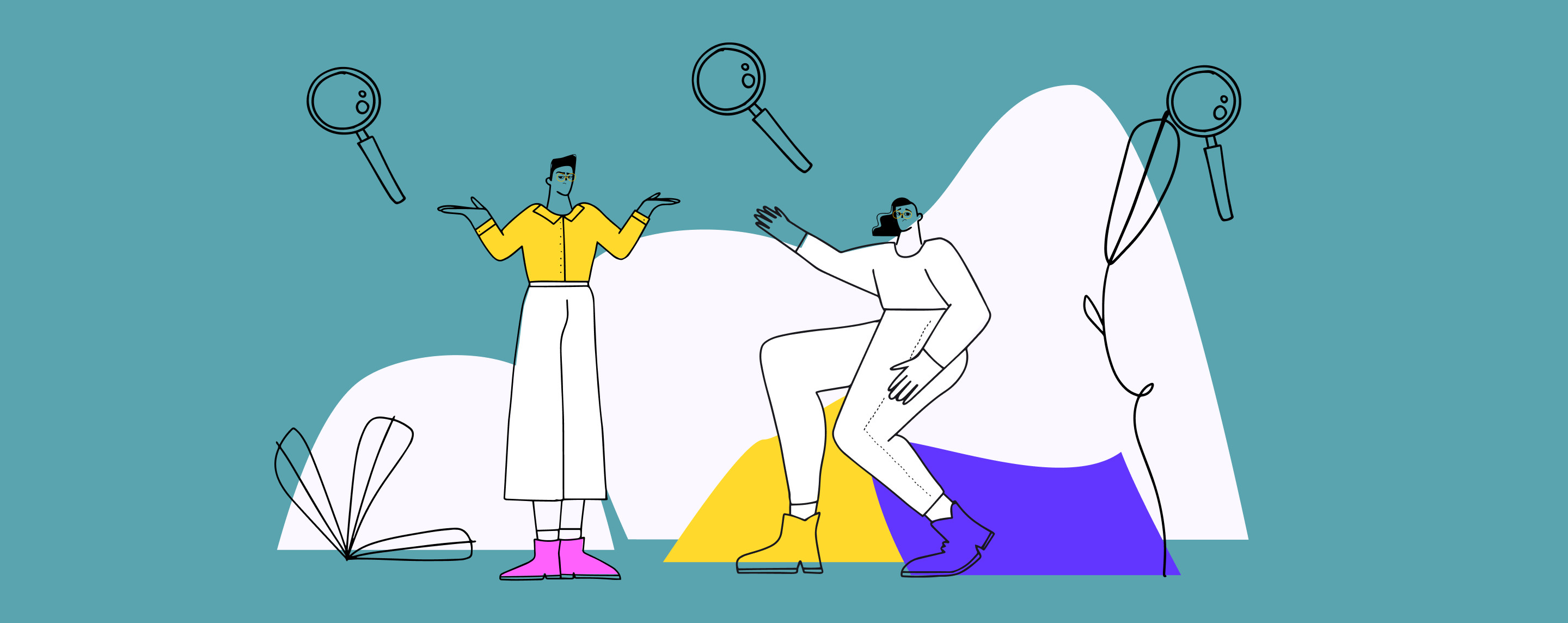How Do You Get a Small Business Loan Without Collateral?

Share this article:
Editor’s note: Lantern by SoFi seeks to provide content that is objective, independent and accurate. Writers are separate from our business operation and do not receive direct compensation from advertisers or partners. Read more about our Editorial Guidelines and How We Make Money.
How Do Traditional Loans with Collateral Work?
Heavy machinery Equipment Real estate Cash Securities (e.g., treasury bonds, stocks, or certificates of deposit) Inventory Vehicle
Do Small Business Loans Without Collateral Exist?
Why Some Loans Require Collateral
How Do Unsecured Business Loans Work?
Blanket Liens
Personal Guarantees
Pros and Cons of Getting a Small Business Loan Without Collateral
Pros of Small Business Loans Without Collateral
Cons of Small Business Loans Without Collateral
8 Types of Small Business Loans Without Collateral
1. SBA loans
2. Long-Term Loans
3. Merchant Cash Advance
4. Online Loans
5. Business Credit Cards
6. Business Lines of Credit
7. Equipment Financing
8. Invoice Financing
How to Qualify for Business Loans Without Collateral
Check Your Small Business Loan Rate
Frequently Asked Questions
LCSB0822017
About the Author
Su Guillory is a freelance business writer and expat coach. She’s written several business books and has been published on sites including Forbes, AllBusiness, and SoFi. She writes about business and personal credit, financial strategies, loans, and credit cards.
Share this article: